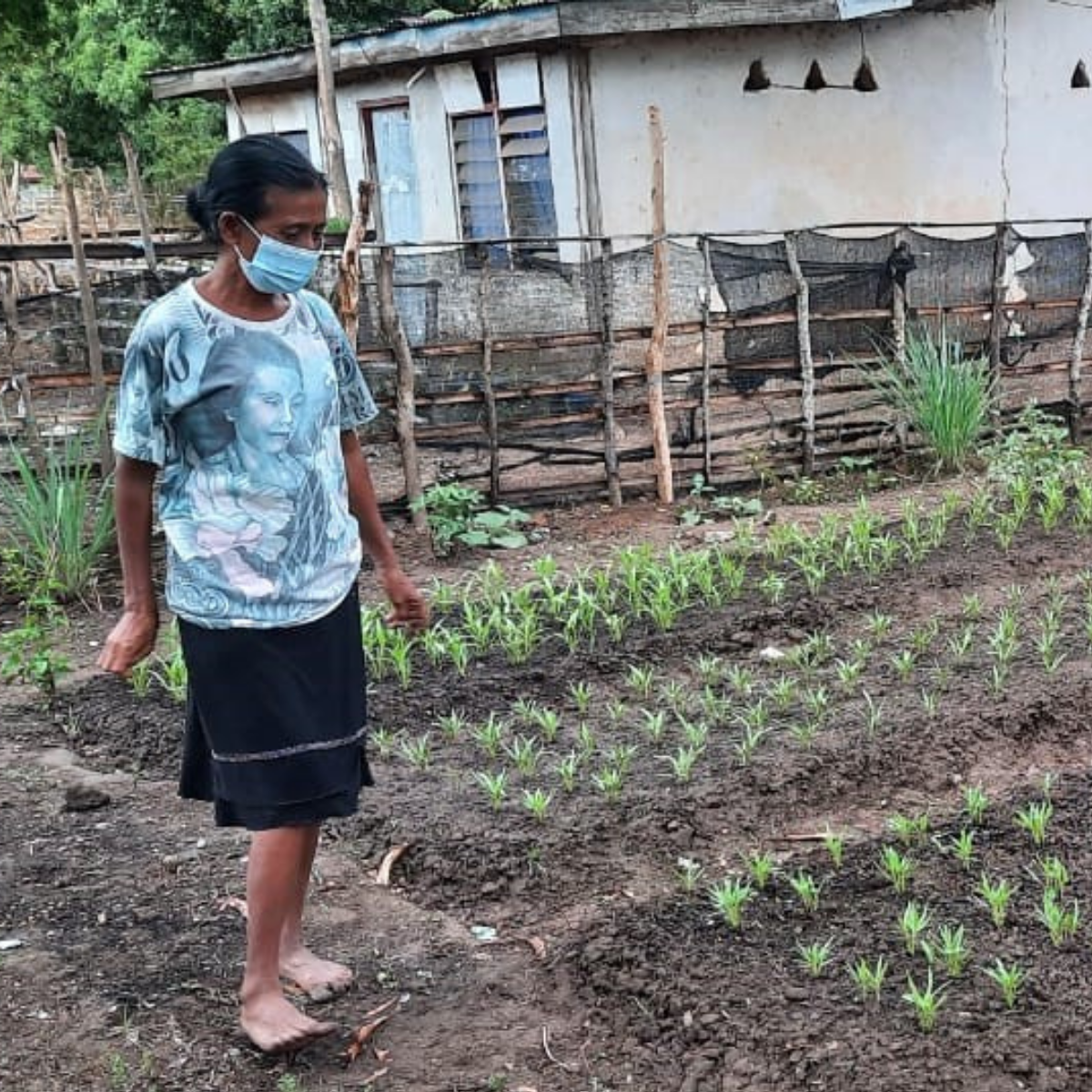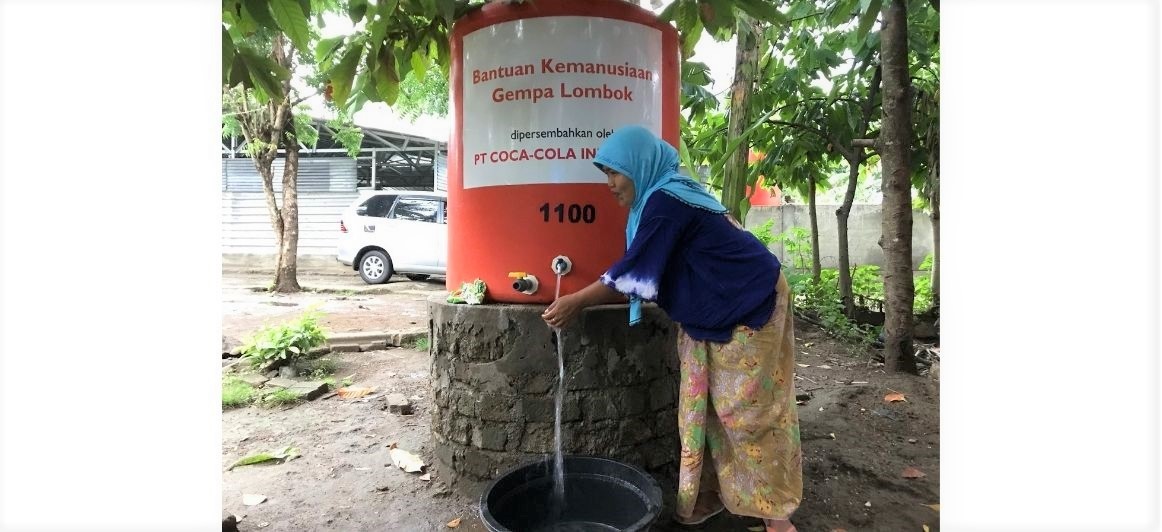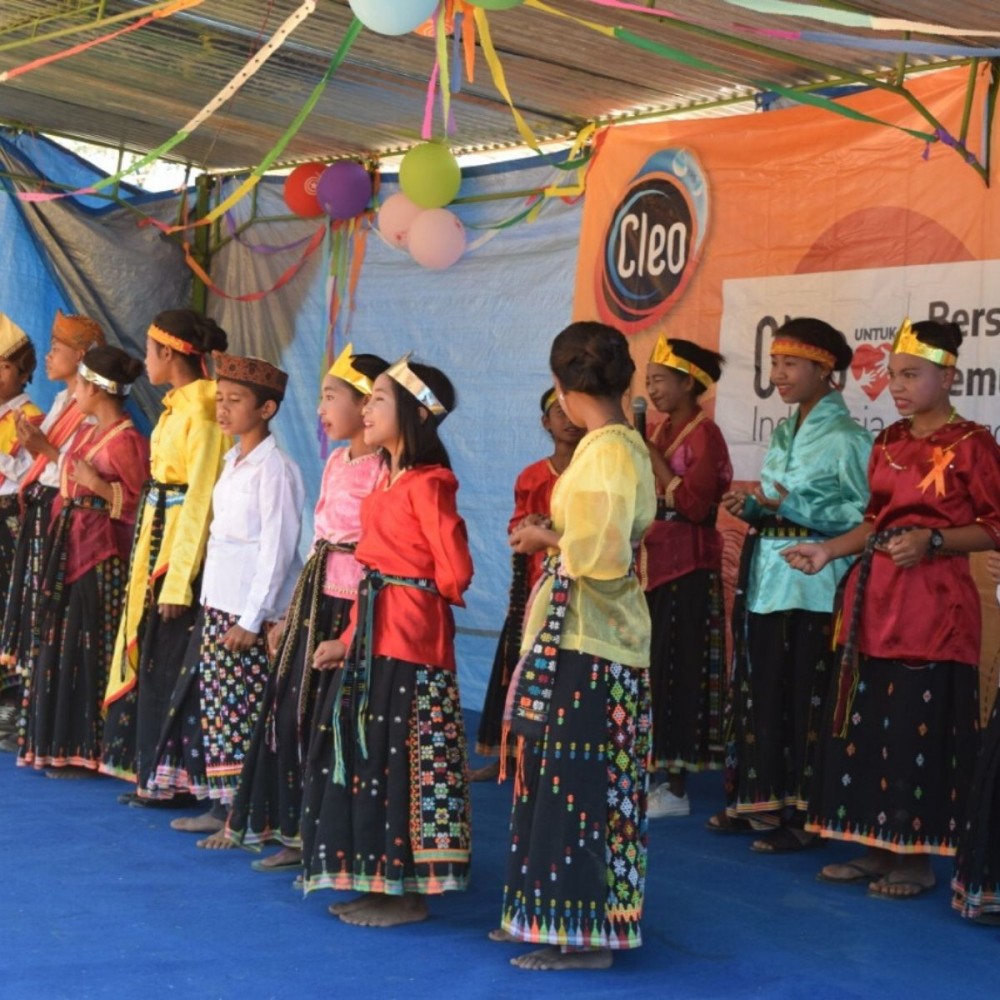Hope Rises After the Storm

The availability of food is a big challenge for the East Sumba community. The attack of locusts that often results in crop failure to the availability of scarce water is the main challenge for farmers. Flash floods due to the natural disaster of tropical cyclone Seroja that occurred last April 2021 worsened the conditions and caused fear in the community. Many houses, agricultural lands, and livestock of the community were submerged and washed away by flash floods. People affected by floods should evacuate to safer places in search of safety. The agricultural land was also affected because it was filled with piles of mud, sand, stones, and pieces of fallen wood. The agricultural land that is flooded is generally a land that is ready to be harvested by farmers.
This disaster also damaged agricultural facilities, namely drainage channels in the village area. This makes farmers unable to irrigate agricultural land in this year's planting season. In addressing this problem, several efforts have been made by the community together with the village government. One of them is by working together to repair drainage channels using local materials (bamboo pieces and tarpaulin). However, these materials do not last long.
This drainage channel that is no longer functioning makes it difficult for farmers to irrigate their agricultural land. They have to find alternative ways to irrigate agricultural land using well water and pipes. For this year's planting season, the community will generally take advantage of the rainy season to be able to farm.
This condition initiated Wahana Visi Indonesia, which is fully supported by Citibank N.A., Indonesia (Citi Indonesia) to help improve the living standards and farming capacity of farmers in East Nusa Tenggara (NTT) Province after being affected by the tropical cyclone Seroja. One of the assistances provided is the provision of plant seeds or agricultural inputs, which is in line with the government's sustainable agriculture program to convert 10,000 hectares of land into food estates. The assistance is expected to be able to rebuild the food security of the surrounding community.
“As a farmer who was affected by the tropical cyclone Seroja and floods, I am very grateful and very happy with the agricultural input assistance provided by Citi Indonesia and Wahana Visi Indonesia. This assistance can replace our agricultural goods that have been washed away by the flood. I became even more excited to return to farming, because that's where I was able to support my family again, especially since I'm a widow,” said Susana, a 58-year-old female farmer who received seed assistance from the Seroja tropical cyclone response program. Susana lives in Lai Lunggi Village, East Sumba Regency.
“I have planted the horticultural seeds that I got on my land. The results later for us to enjoy with the family. If there is more I will sell it to be able to help provide for the needs of the family. I will take good care of all the agricultural input assistance that I receive,” he continued.
This collaboration program between Citi Indonesia and Wahana Visi Indonesia for the Seroja response will run from August to October 2021 and has helped as many as 168 families in NTT Province. This program is a form of Citi Indonesia's corporate social responsibility to the community under the auspices of CitiPeka, an umbrella for all community activities organized by Citi Indonesia, carrying the theme of food security this year.
Written by Ventia Sabatini, Area Program Manager of East Sumba, Wahana Visi Indonesia


